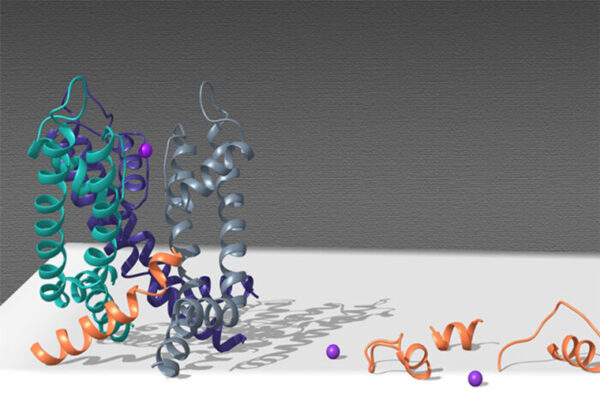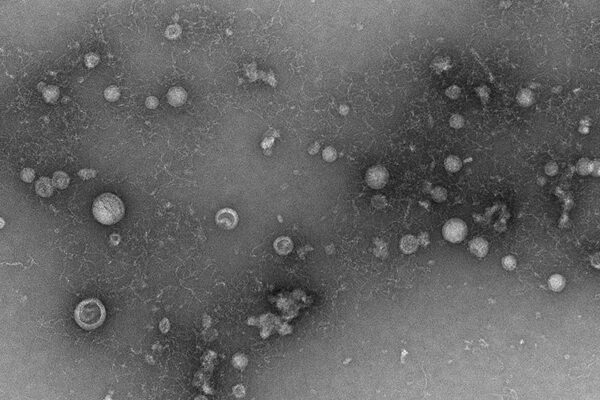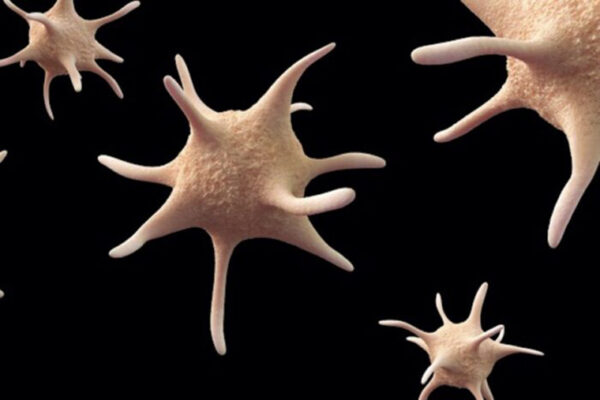Brown School working with St. Louis city on virus containment
New research from faculty at the Brown School at Washington University in St. Louis is providing guidance to local policymakers on how they might contain the spread of the virus that causes COVID-19 until vaccination ramps up to levels high enough to provide widespread protection.
Electrical signaling in cells focus of $8.8 million grant
Researchers at Washington University School of Medicine have received an eight-year, $8.8 million grant to study ion channels as potential targets for new drugs to treat disorders affecting the brain, heart and muscles.
Holtzman, Karch honored for research into neurodegenerative diseases
Alzheimer’s researchers David M. Holtzman, MD, and Celeste Karch, PhD, at the School of Medicine, have been recognized by the Rainwater Charitable Foundation for scientific achievements that could lead to new, effective treatments for neurodegenerative diseases associated with the accumulation of tau protein in the brain. Alzheimer’s is the best known such disease.
New strategy blocks chronic lung disease in mice
A new study from Washington University School of Medicine in St. Louis has uncovered a previously unknown role for exosomes in inflammatory respiratory diseases. The study has implications for finding new therapies.
Cote named a National Academy of Inventors senior member
Pathologist Richard J. Cote, MD, the Edward Mallinckrodt Professor at the School of Medicine, has been elected a senior member of the National Academy of Inventors.
The most important work
WashU alumni are among the researchers working around-the-clock on the Pfizer-BioNTech vaccine. They say they won’t rest until there are no more deaths from COVID-19.
Contributing to Cochlear implants
Roger Smith, AB ’93, MS ’96 wanted to help others who had hearing loss like him. So he joined the company that gave him sound back.
Apply for SPORE in Leukemia grants
Applications are now being accepted for the Specialized Programs of Research Excellence (SPORE) in Leukemia Career Enhancement Program and the Developmental Research Program, under principal investigator Daniel Link, MD, at the School of Medicine. Those interested should apply by April 30.
Postdoctoral scholar receives NIH fellowship award
Samantha Kirstin Barrick, a postdoctoral scholar in biochemistry and molecular biophysics and in the laboratory of Michael J. Greenberg at the School of Medicine, received a three-year $208,182 fellowship award from the National Heart, Lung, and Blood Institute of the National Institutes of Health (NIH).
For bleeding patients, can cold storage of platelets improve blood clotting?
Researchers at Washington University School of Medicine and the University of Minnesota Medical School are leading a large, multicenter study to find out whether maintaining platelets in cold storage is as effective in reducing blood loss as platelets stored at room temperature.
Older Stories








